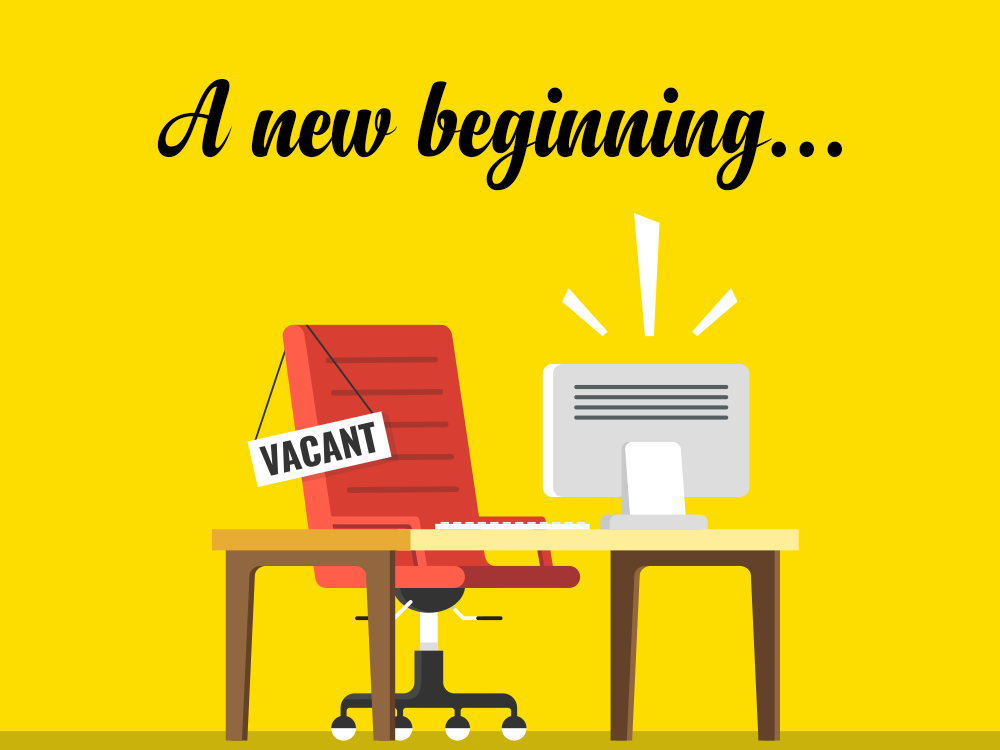It is mostly your own, far too high expectations that can make starting your professional life difficult. “Striving for the absolutely perfect job fits in,” says Hanne Bergen, career advisor from Hamburg. Instead of a secure job, many young professionals would look for a “perfect” job that “makes them happy all around”. But it is precisely this project that can really only fail, says Bergen: “There is no job where you are always happy.” But what helps if the job starts frustration hits hard? Here are our top six tips.
Check your expectations
Do you see the job as a request concert? Are you expecting too much? “Often there is a big gap that you have to take a closer look at,” says Hamburg career coach Tom Diesbrock. “Especially at the beginning it is part of most companies to entrust the young employees with tasks that are not so great,” adds Julia Funke, career advisor from Frankfurt. However, it is not always easy to assess the situation alone. It is better to talk to friends and family about the supposedly or really bad start.
Ask yourself thoroughly
What exactly bothers you and why? Is it the working atmosphere among colleagues, is there too little feedback or praise? Is it the work itself or how to do it? Clarifying these questions honestly and specifically with yourself is extremely important, explains Funke. Then you can clarify in the next step: “How would I like the job, what should be different?”
Don’t give in to your job start frustration too quickly
Dissatisfaction with the job doesn’t always have to mean giving up everything. “A lot of things can be solved in conversation,” says Bergen. She recommends speaking to supervisors. “Ask if there are options for change. Most bosses are open to suggestions and want their employees to be satisfied.” An internal transfer or an expansion of the work spectrum may be possible. “Perhaps a plan can be drawn up with the supervisor that creates perspectives and sets goals worth striving for the unsatisfactory work,” says Funke.

Make your peace with bad phases
“There is never a one hundred percent guarantee that you will find the absolute dream job,” says Julia Funke, on the contrary. Even if a lot of things go perfectly in a job at first, new colleagues or changed tasks can quickly mess everything up again. Funke, therefore, recommends perseverance to dissatisfied career starters: “There are just bad phases and it is part of working life to be able to endure them.” It is a question of inner attitude, not to constantly chase after unattainable ideals. One should make the best of the respective situation and try to learn important lessons for the professional future from problems.
Stay true to yourself
We are also familiar with the problem from other life situations: If you are frustrated at starting your job, comparisons with friends who are “really good” can rob you of your last optimism. For example, when the former flatmates set off on a trip around the world and you yourself sit in an accounting course. Then, of course, doubts quickly arise: Are they now discovering the world while I mess up here? “But people are so different: some need security, others adventure,” says Bergen. Being able to accurately assess and question yourself is important in order not to get stuck in vague longings. “An accountant doesn’t necessarily get happier on a trip around the world.”
If nothing helps: break new ground
If you can’t improve your professional situation with any of these tips, you should actually look around for something new. But here, too, it is very important to take a look at what you want in advance: “If, for example, a lot of exchange with colleagues is important to you, you should take this request seriously and focus your job search accordingly,” says Diesbrock. “A trial day can help to get an idea of the new team before signing an employment contract.” Anyone who was completely wrong with their first career orientation should look for opportunities for lateral entrants: “There are so many opportunities to change – without having to do a new training right away,” says Bergen. In all of this, it is important not to rush anything: “Don’t quit right away, plan in peace and quiet.”



